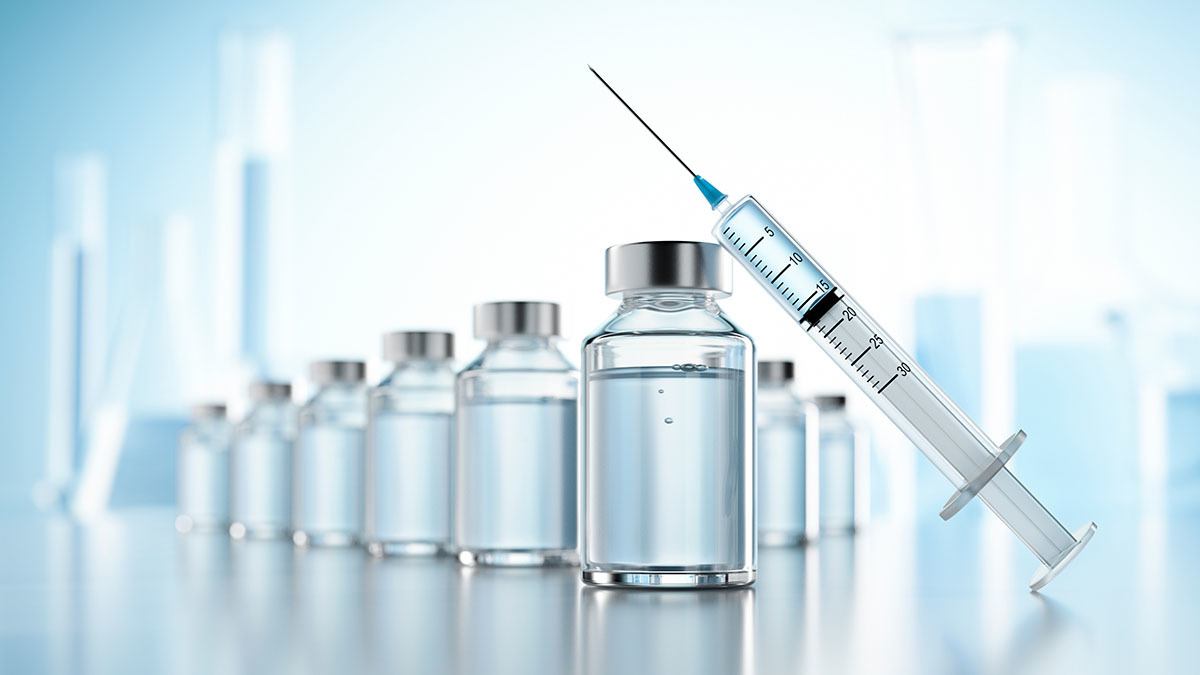USP Ketone Extractables Testing
The United States Pharmacopeia (USP) is a comprehensive reference on quality standards for medicines and related health-care products. USP Ketone Extractables Testing plays a pivotal role in ensuring the integrity, safety, and efficacy of pharmaceutical products by identifying potential contaminants that may leach into packaging materials during storage or use.
Extractables are defined as substances that can be extracted from a material when exposed to certain conditions such as solvents. Leachables, on the other hand, are substances that can migrate from containers, closures, and packaging materials into the drug product. Ketones, being one of the key categories of extractables, are organic compounds characterized by their single carbon-carbon double bond.
The process involves simulating real-world conditions to expose the material to solvents like ethanol or methanol under temperature-controlled environments. This helps in identifying any ketone compounds that may leach into the drug product. The testing ensures compliance with USP General Chapter 665, which provides specific guidelines for extractables and leachables testing.
This service is essential for pharmaceutical companies to ensure their products meet stringent quality standards set by regulatory authorities worldwide, including the FDA. It helps in maintaining a high level of safety and efficacy, thereby protecting public health.
The process typically involves several steps:
- Selection of appropriate solvents based on potential interactions between the drug substance and packaging materials.
- Exposure of the packaging material to these solvents under controlled temperature conditions.
- Collection and analysis of extractable ketones using advanced analytical techniques such as gas chromatography or high-performance liquid chromatography (GC/ HPLC).
The results are then compared against acceptable limits specified in USP General Chapter 665. Compliance with these standards is crucial for ensuring that the packaging does not adversely affect the drug product.
In addition to safeguarding public health, this service also helps pharmaceutical companies comply with international regulations and guidelines. It ensures that their products meet the highest quality standards expected by regulatory bodies globally.
Compliance with USP Ketone Extractables Testing is particularly important for industries dealing with injectable medications, parenteral drugs, and other high-risk products where even trace amounts of contamination could have severe consequences.
Applied Standards
The primary reference document for this testing service is USP General Chapter 665 - Extractables and Leachables from Pharmaceutical Packaging Systems. This chapter provides comprehensive guidelines on how to conduct extractables and leachables studies, including the selection of appropriate solvents, exposure conditions, analytical methods, and data interpretation.
The USP standards are widely recognized for their rigorous approach to ensuring pharmaceutical quality. They provide a framework that helps manufacturers demonstrate compliance with regulatory requirements. The chapter emphasizes the importance of selecting appropriate test conditions that reflect real-world scenarios where the packaging material may come into contact with the drug product.
Other relevant international standards include ISO 10993-18, which covers the evaluation and testing for extractables from medical devices, and ICH Q1A(R2), which deals with leachables from pharmaceutical products. These standards offer additional perspectives on ensuring that packaging materials do not introduce harmful substances into the drug product.
The use of these international standards ensures a harmonized approach to quality assurance across different regions, facilitating smoother compliance processes for multinational pharmaceutical companies.
Customer Impact and Satisfaction
- Better Product Quality: Ensuring that the packaging does not introduce harmful substances into the drug product results in higher-quality products. This enhances patient safety and satisfaction with the product.
- Regulatory Compliance: Meeting USP standards is crucial for pharmaceutical companies to avoid recalls, fines, and other regulatory issues. It also helps in building a positive reputation among stakeholders.
- Innovation: By adhering to stringent testing protocols, companies can innovate without compromising on safety or efficacy.
A satisfied customer base is crucial for the success of any pharmaceutical company. Ensuring that every product meets the highest quality standards not only enhances patient satisfaction but also fosters long-term relationships with healthcare providers and other industry partners.
Regular testing and compliance with USP standards demonstrate a commitment to excellence, which can significantly influence market perception and ultimately contribute to increased sales and market share.
Environmental and Sustainability Contributions
- Packaging Optimization: By identifying potential extractables early in the product development cycle, companies can optimize packaging materials to reduce environmental impact. This includes selecting less harmful substances or more sustainable alternatives.
- Reduced Waste: Ensuring that no harmful substances leach into the drug product minimizes waste and reduces the risk of contamination during manufacturing processes.
The pharmaceutical industry has a significant role to play in promoting sustainability. By adhering to rigorous testing protocols, companies can contribute to reducing environmental impact while still maintaining high standards of quality and safety.
Through continuous improvement and innovation, pharmaceutical companies can lead the way towards more sustainable practices without compromising on product integrity or regulatory compliance.





